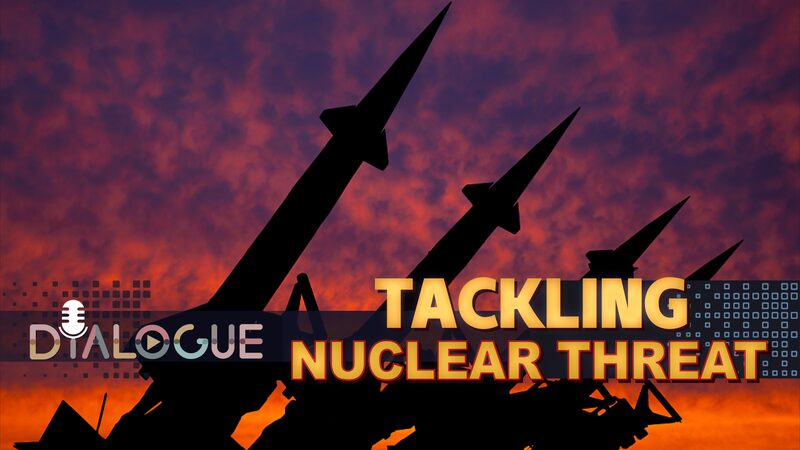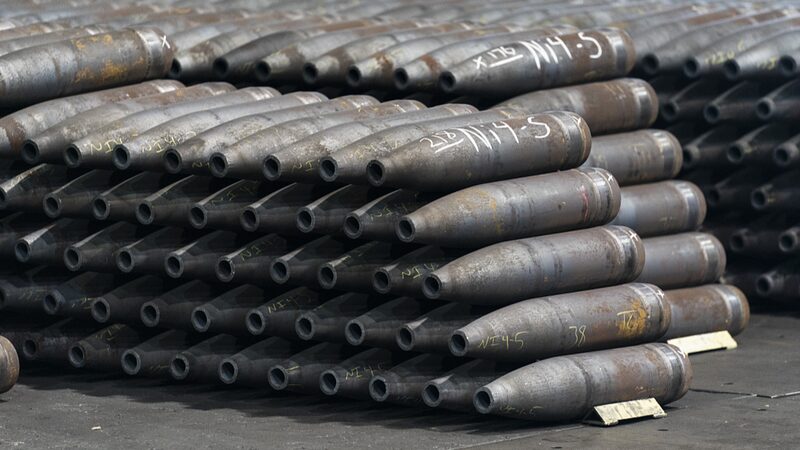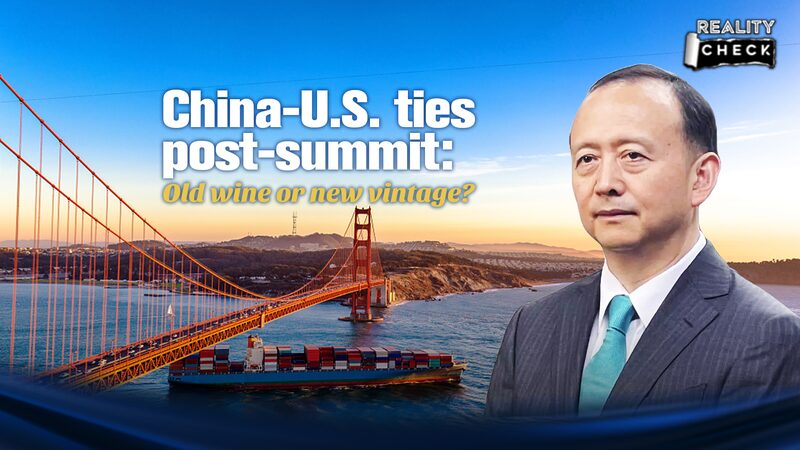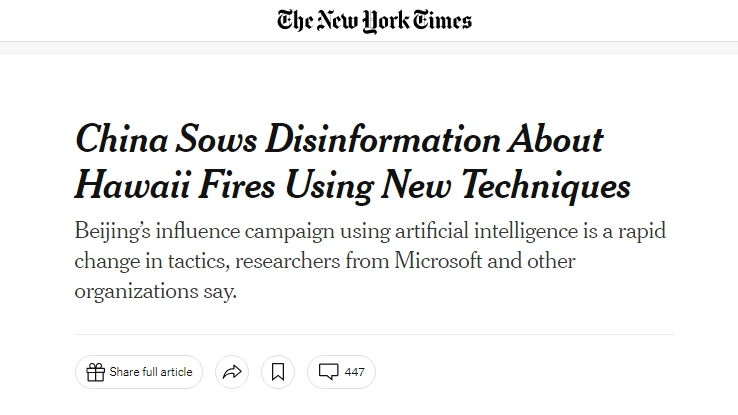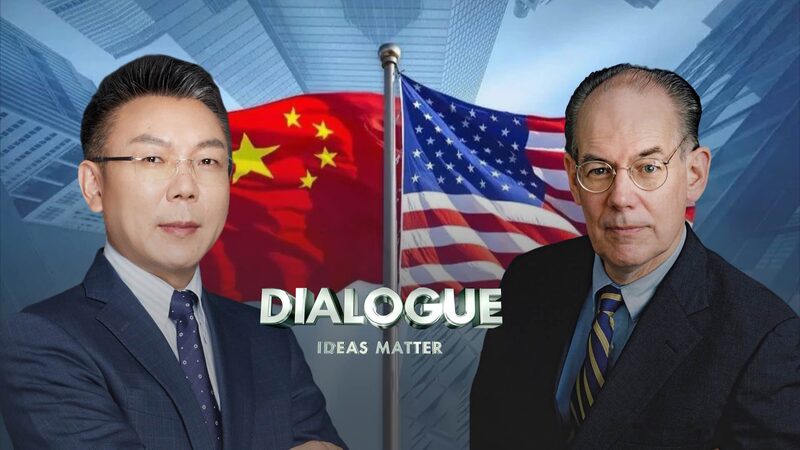Amid Rising Global Tensions, China Advocates for ‘No First Use’ Nuclear Policy
The shadow of nuclear conflict looms larger than ever as geopolitical tensions escalate around the world. With nations debating the balance between deterrence and disarmament, the role of nuclear arsenals in ensuring security versus perpetuating risk has become a critical global discourse.
In this context, China has recently called upon nuclear-weapon states to adopt a ‘no first use’ policy for nuclear weapons. This proposal signifies a commitment to not use nuclear weapons unless first attacked by an adversary using such weapons. The question arises: can this policy pave the way to prevent a global nuclear war?
Understanding the ‘No First Use’ Policy
The ‘no first use’ (NFU) policy is a pledge by a nuclear-armed state to refrain from using nuclear weapons as a means of warfare unless first attacked by an opponent using nuclear weapons. China’s endorsement of this policy underscores its stance on nuclear disarmament and global security.
Zhou Bo, a senior fellow at the Center for International Security and Strategy at Tsinghua University, emphasizes that the NFU policy is a crucial step towards reducing the risk of nuclear escalation. “By committing to no first use, nuclear powers can build trust and reduce the likelihood of miscalculations that could lead to catastrophic consequences,” he notes.
Significance for Global Stability
The adoption of an NFU policy by all nuclear-armed nations could significantly enhance global security. It would mitigate the threat of a preemptive nuclear strike and could serve as a foundation for further disarmament negotiations. Dr. Jan Oberg, director of the Transnational Foundation for Peace & Future Research, suggests that such a collective commitment could “de-escalate tensions and foster a climate conducive to peace and cooperation.”
Will Other Nuclear Powers Join China’s Effort?
The response of other nuclear-weapon states, particularly the United States and Russia, remains uncertain. These nations have historically been hesitant to adopt an NFU policy due to strategic and security considerations. Dr. Alexander Titov, lecturer in Modern European History at Queen’s University Belfast, points out that “the strategic doctrines of the U.S. and Russia rely on ambiguity and deterrence, which they believe are essential for their national security.”
However, as global conflicts become more complex and the risks of accidental or unintended nuclear war increase, there may be growing pressure for these powers to reconsider their positions. International advocacy and public opinion could play a pivotal role in encouraging a shift towards policies that prioritize global safety over strategic dominance.
Looking Ahead
China’s proposal for a ‘no first use’ policy brings a critical issue to the forefront of international relations. While the path to universal adoption is fraught with challenges, the dialogue it sparks is essential for navigating the precarious landscape of global security. The coming months and years will reveal whether other nuclear-armed nations are willing to join China in this commitment to reduce the threat of nuclear war.
As the global community continues to grapple with these profound questions, the importance of open dialogue and cooperative action cannot be overstated. The future of international peace may well hinge on the decisions made today regarding nuclear policy and disarmament.
Reference(s):
Can China’s proposal of "no first use" prevent a global nuclear war?
cgtn.com
